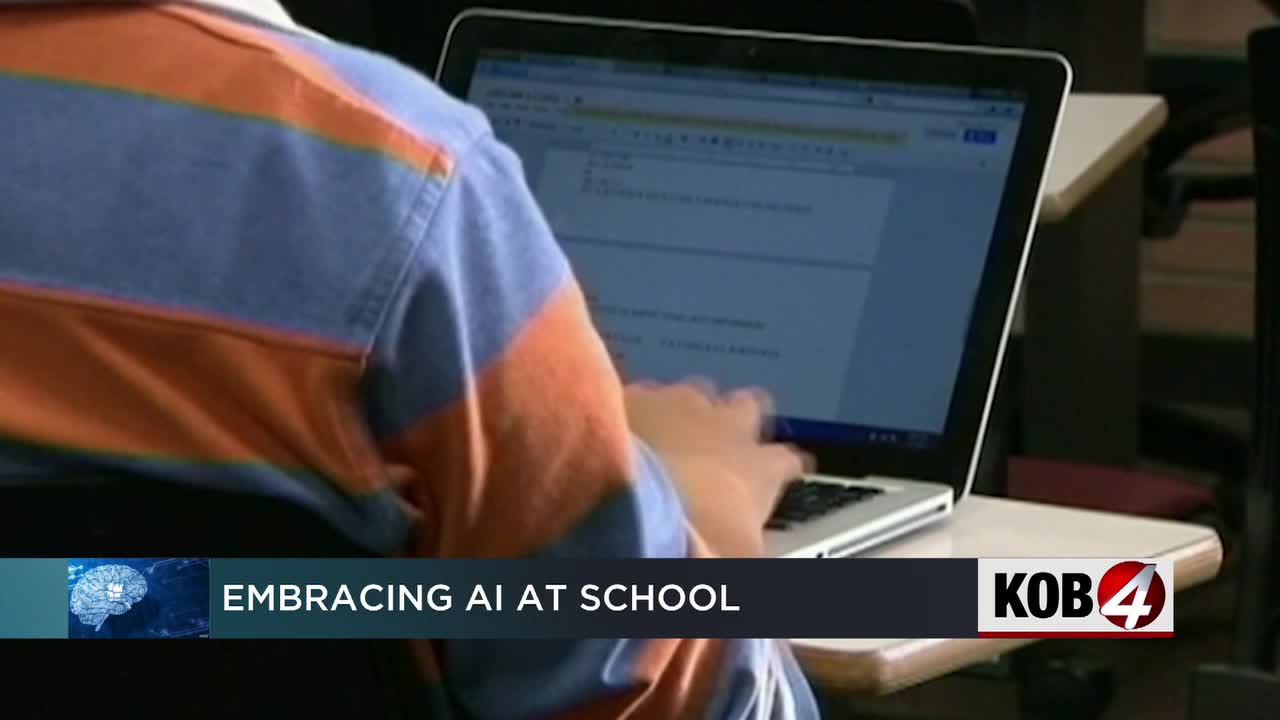When it comes to artificial intelligence, are nearby educational institutions leading the way?
The general consensus among experts is that educational institutions play a pivotal role in shaping the direction of artificial intelligence, recognizing it as a tool whose impact is intricately tied to human interaction. Issues such as cheating and data security often take center stage in discussions within educational environments.
Despite these challenges, artificial intelligence presents a myriad of opportunities in the realm of education, offering tools that have the potential to enhance and expedite the learning process.
Experts underscore the pressing need to equip the upcoming workforce with the necessary skills, especially in light of the World Economic Forum’s forecast that a significant 75% of businesses will integrate AI technologies in the near future.
A collaborative effort between AI specialists and New Mexico State University representatives is underway to establish a national Artificial Intelligence Alliance, with the primary goal of introducing AI exposure and training initiatives across schools statewide.
To catalyze this endeavor, the coalition is actively seeking approximately $2 million in funding from state legislators over the upcoming three years.
Several prominent school districts in New Mexico have already embraced the transformative power of AI.
Insights from APS on AI: APS’s primary focus revolves around delving into the potentials and challenges posed by generative artificial intelligence in educational settings, particularly its implications on academic progress, equity, and safety. As the landscape evolves, APS is committed to continually updating its policies and providing staff training on the responsible utilization of AI.
Statement from Santa Fe Public Schools on AI: SFPS has been an engaged participant in the Consortium for School Networking (CoSN), a platform offering valuable resources such as best practices and advocacy tools to aid educational leaders in their digital transformation journey. One recent initiative involves the rollout of a K-12 Generative AI Checklist, tailored to assist districts like SFPS in comprehensively understanding the ramifications of integrating AI into classroom instruction. SFPS remains steadfast in its dedication to guiding students on the ethical and judicious use of AI, aligning with the approach taken for other technological resources.
Position of Rio Rancho Public Schools on AI: Recognizing the profound global influence of artificial intelligence on education, Rio Rancho Public Schools is actively exploring effective strategies for incorporating AI within its educational framework. Collaboration with the U.S. Office of Educational Technology (USOET) and the New Mexico Public Education Department (NMPED) is deemed essential for this holistic initiative. The Education Technology Department is deeply engaged in evaluating the efficacy of AI learning tools in classrooms to enrich students’ educational experiences. This effort is in alignment with the recent USOET policy statement titled “Artificial Intelligence and the Future of Teaching and Learning.” RRPS is currently in the process of formulating guidelines for the responsible use of AI in schools, adhering to forthcoming federal and state regulations on AI integration in educational environments. As the educational landscape transitions into the era of artificial intelligence, RRPS is steadfast in its commitment to ensuring that both educators and students are adequately prepared to harness AI tools effectively and responsibly in this new era of knowledge acquisition and learning.






